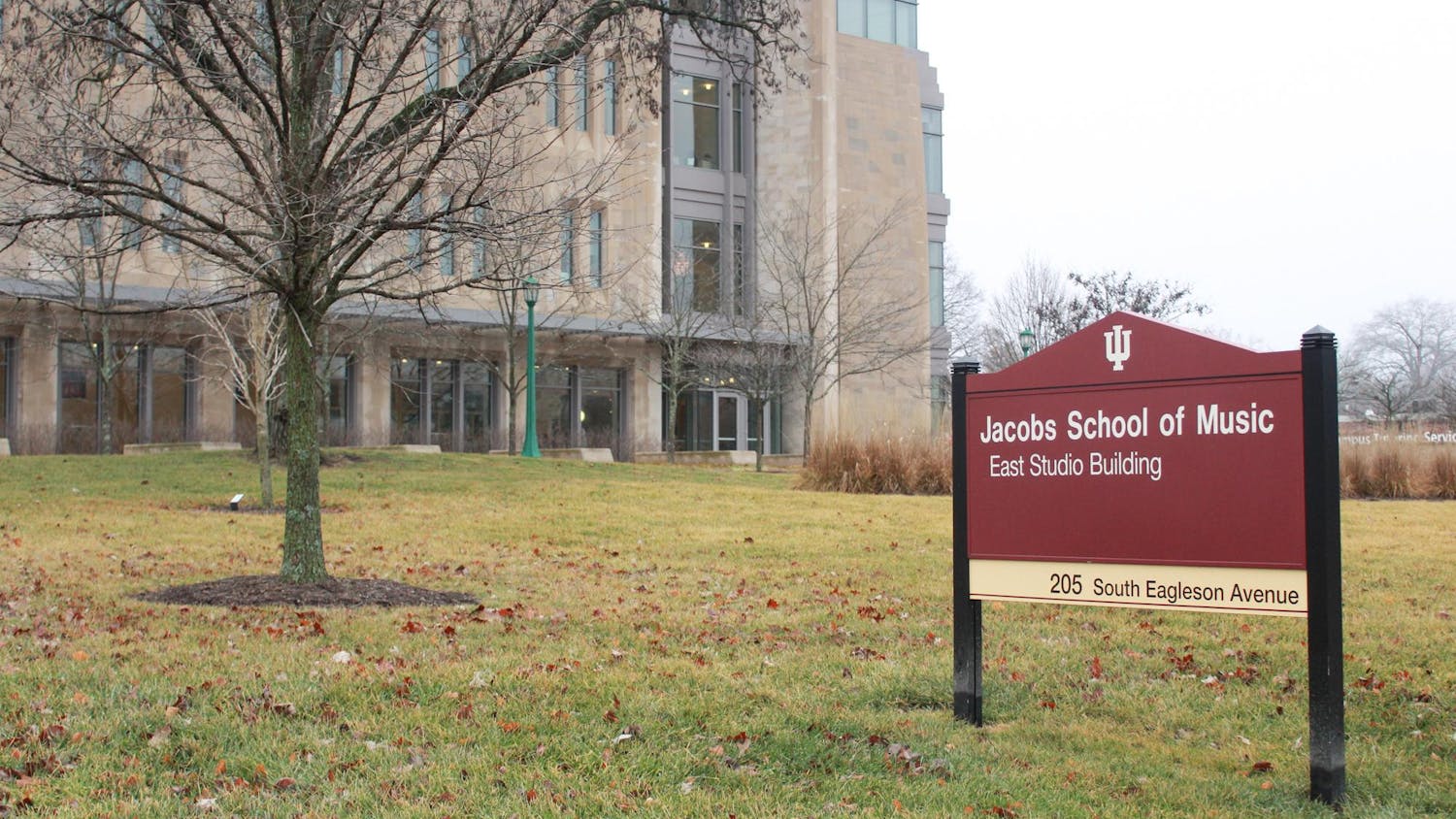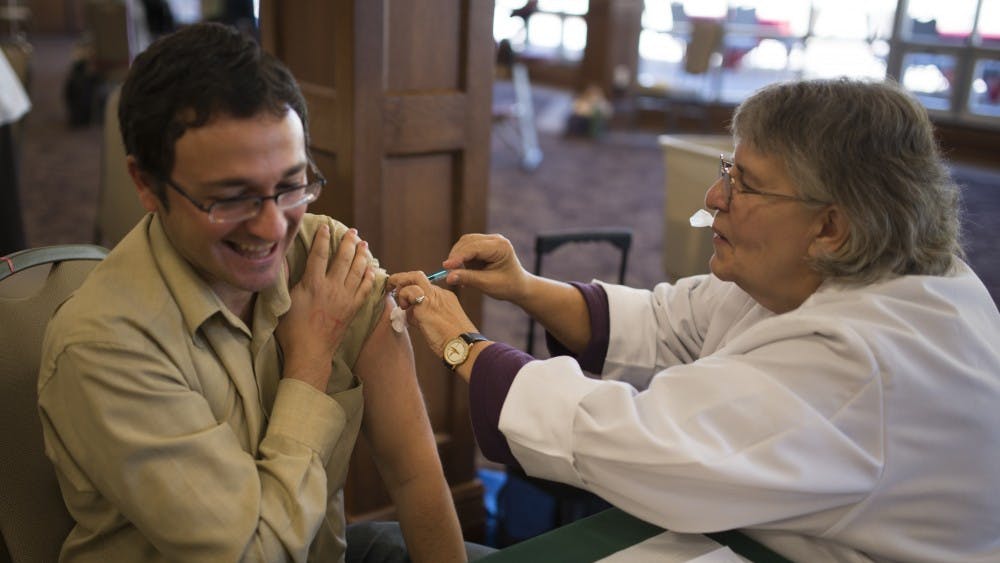The artificial sweetener aspartame, found in many products as a sugar substitute, has faced endless scrutiny and accusations since its arrival on the market.\nInternet rumors abound, declaring it dangerous, a cause of minor ailments such as dizziness or headaches or the culprit behind birth defects, blindness and even cancer. Are the rumors true?\nAssociate professor Alice Lindeman of the applied health science department says no. Period.\n“It has to be safe to receive (Food and Drug Administration) approval,” she said.\nLindeman referred to information supplied by the Calorie Control Council, a nonprofit informational organization. \nAccording to the council’s Web site on the sweetener, aspartame.org, the FDA has run numerous tests on the effects of aspartame and found that, despite rumors and a long list of symptoms, aspartame is both sweet and risk-free.\nThe Web site states that several governments and expert scientific committees have evaluated the Internet claims and found them to be false, reconfirming the safety of aspartame.\nOrganizations such as the National Multiple Sclerosis Society, The National Parkinson Foundation Inc. and the Alzheimer’s Association have also concluded that the rumors are false, the council reported.\nThere are some exceptions, however.\nIU Health Center dietitian Bobbi Saccone recognizes the rare instances when aspartame might be dangerous.\nSaccone said some people are born with phenylketonuria and cannot metabolize the amino acid phenylalanine, a component of aspartame.\n“One baby in 25,000 is born with PKU in the United States … That’s not a huge number,” said Saccone, referring to research by the March of Dimes. “But I tell you it’s a very, very difficult diet to follow.”\nToo much of this amino acid might cause brain damage, Saccone said. Pregnant women with high levels of phenylalanine should also be wary.\nPKU is checked for in every hospital in the United States at birth, Saccone said, and its effects when treated are rare.\n“I have never come across this,” Saccone said. “In my 17 years as a registered dietician ... I studied PKU but still never had a patient of my own with PKU.”\nMost can enjoy the newest diet soda without worrying. Lindeman said she believes aspartame is no more dangerous than any other substance entering people’s bodies.\n“There are always issues about taking chemicals into your body in large doses. So don’t,” she said. “Just consume in moderation – as mom told you.”
Fact or Fiction: Is the artificial sweetener aspartame safe to eat?
Get stories like this in your inbox
Subscribe





